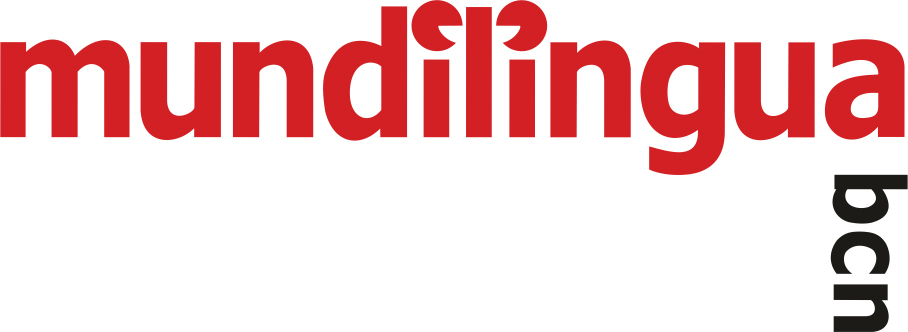Los Phrasal Verbs (verbos seguidos de una preposición) son muy comunes en el inglés cotidiano, tanto hablado como escrito, por lo que es muy importante que nos familiaricemos con ellos y sus significados para entender a los hablantes nativos.
Base on: basarse en
The film Titanic was based on true events.
Break up: romper, dividir, finalizar una relación
Anna broke up with Tom when she moved to USA.
Bring up: criar
I’d love to bring my children up in the countryside.
Carry on: continuar
Let’s carry on with the meeting after a short break.
Come across: encontrarse con algo
I came across with a picture of my granny while looking for something in a drawer.
Come back: volver
After all this time living abroad, I can’t be happier to have come back here, where I was born.
Come out: salir, publicarse en algún sitio, aparecer
I’m so excited! The new Barbie film is coming out very soon!
Deal with: lidiar con algo
If you want to become a CEO you have to learn how to deal with stress.
Depend on: depender de algo
My holiday destination will depend on the money I save during these months.
Dress up: vestirse elegante, disfrazarse
She’s all dressed up for the wedding.
End up: terminar (finalmente, tras un proceso)
After all those years working hard, she ended up becoming the global brand manager.
Fill in: rellenar, completar
When you fill in the form, please write legibly in blue ink.
Find out: descubrir, averiguar, enterarse de algo
You should read this book to find out more information about the Tudors.
Fit in: adaptarse, encajar
The new player is still trying to fit in the team.
Get along with: llevarse bien, congeniar
I really get along with my mother in law, she is so funny!
Get on/ get off: subir/bajarse de un transporte.
We had to hurry to get on the last bus.
Get together: juntarse
My family get together once a month, we are very close.
Get rid of: librarse de algo
It’s time to get rid of these old jeans!
Give up: rendirse
You are doing amazing! Don’t give up!
Go on: continuar, seguir
Life goes on.
Go back: regresar
I can’t wait to go back to Scotland!
Grow up: crecer
She speaks fluent German because she grew up in Munich.
Hold on: esperar
Hold on a minute, I have to check something.
Hurry up: darse prisa
Hurry up! We’re late!
Keep on: continuar
He kept on singing even though the audience wasn’t paying attention.
Let down: decepcionar
My sister went to university because she didn’t want to let our parents down.
Look back: mirar atrás, recordar
Every time i look back upon those years at school, I can’t help but feeling so nostalgic.
Look forward to: esperar algo con ganas
I’m looking forward to seeing you again!
Look out: tener cuidado, mirar hacia fuera
She stood up and looked out the window but saw no one.
Pick up: recoger a alguien
My mother will pick us up in the cinema when the film ends.
Put on: ponerse ropa
Put on a jumper, you’re going to catch a cold!
Put off: aplazar
The meeting was put off due to bad weather.
Run out of: quedarse sin algo
We need to go to the market, we’ve run out of milk and fruit.
Split up: dividir, separarse
Workers were split up into teams for the project.
Turn on/ off: encender/ apagar
Turn off the lights before you leave the room.
Turn out: resultar
It turned out that the girl sitting next to me was a friend of my brother.
Watch out: tener cuidado
Watch out! The traffic light is still red!

